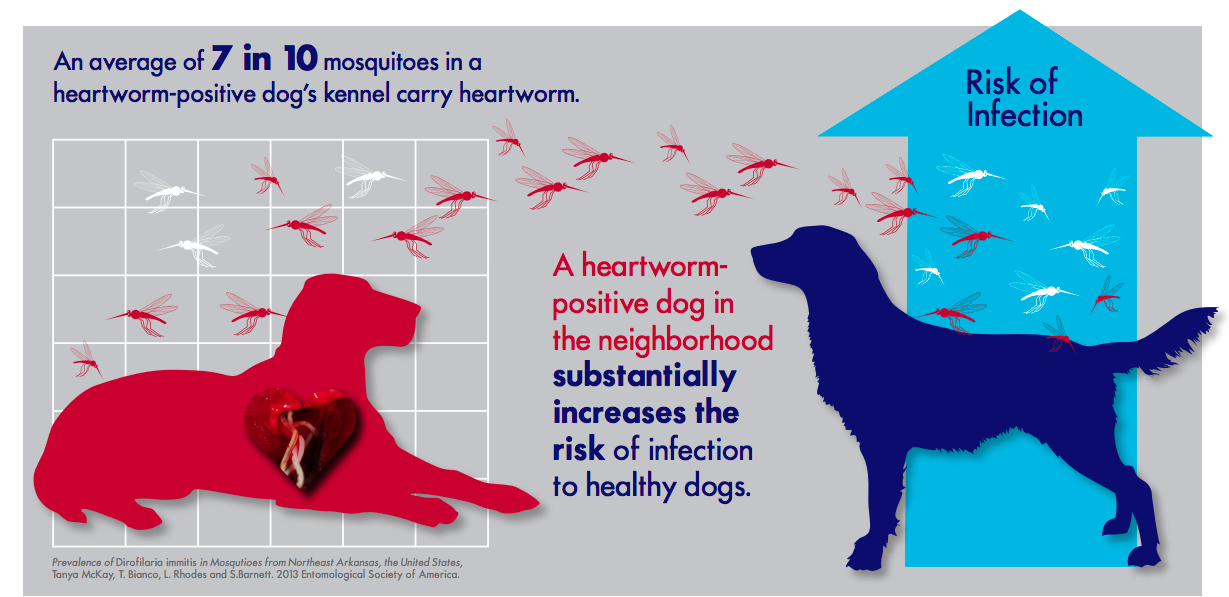Dog Daycare Design Ideas
Dog Daycare Design Ideas
Blog Article
Can Canine Day Care Cause Illness?
Pets in day care receive great deals of exercise, socialization with various other pet dogs and distinct experiences. This can be specifically practical for young puppies and pets with behavior problems.
There are several legal factors to consider you require to think about when beginning a doggy daycare company. These consist of the framework of your organization and conformity with federal government regulations.
1. Canine Distemper
Canine distemper is spread with direct contact with the bodily liquids and waste of a contaminated pet, but it can additionally be sent using common water and food bowls or through airborne droplets. This very transmittable disease is most hazardous for pups, yet it can influence pets of any age and is fatal for most if left neglected.
Preliminary signs of canine distemper typically simulate an acute rhinitis, consisting of dripping eyes and nose with watery or pus-like discharge. As the condition proceeds, a pet will certainly create high temperature, coughing, lowered cravings, throwing up and looseness of the bowels. The infection can likewise assault the nerve system, resulting in seizures, jerking and partial or total paralysis.
Respectable day cares minimize exposure to infection by needing vaccinations, routine health examinations and follow strict hygiene protocols. If your dog appears extremely worn out or hopping, a day off may assist him recover, but you need to stay clear of taking him back to childcare till these signs and symptoms clear.
2. Kennel Coughing
Kennel coughing, likewise referred to as contagious canine tracheobronchitis or Bordetella, is a highly contagious viral or bacterial disease that influences the breathing tract. It's typically transferred via the exchange of saliva or air beads that an ill pet exhales. Social canines go to higher risk for infection due to their constant communication with each other, such as when they play, share food or water, smell each other or just satisfy in a crowded setting like a pet park or day care.
The most common symptom of kennel coughing is a relentless and powerful cough that seems like something embeded the throat or retching. Typically, canines will certainly spend frothy white phlegm. If left unattended, a pet dog can establish pneumonia and be at severe danger for life.
A respectable daycare center must have strict cleaning and hygiene procedures, sanitize all playthings, food and water bowls on a regular basis, and be open regarding their vaccination plans. Keeping your dog up to date on their inoculations, particularly for bordetella and canine influenza, will substantially decrease their chances of getting the disease.
3. Parvovirus
Canine parvovirus, or parvo, is a highly transmittable viral disease that can be deadly for young puppies and young adult pets with bad immune systems. It's most frequently spread by straight contact with contaminated pet feces-- which can happen when pets smell, lick, or taste contaminated feces-- and indirectly from contaminated individuals, objects, or atmospheres (like kennels, brushing spaces and grass). Young puppies and dogs without total vaccination backgrounds are especially prone to parvo.
The virus is very resilient, making it through in the environment for approximately nine years, and can easily be transferred in between canines by contact with feces or on shoes, apparel, and bed linen infected with parvovirus. If not dealt with right away with IV fluids, electrolyte equilibrium, vomiting control drugs and antibiotics to stop additional microbial infections, a dog will swiftly dehydrate and establish severe looseness of the bowels, which results in long term dog boarding near me shock and blood poisoning. Parvo is challenging to heal once a pet dog has actually ended up being ill, yet with suitable vet care, several puppies do endure this illness.
4. Dog Flu
Canine influenza infection is highly infectious and spreads via straight get in touch with, sharing food and water bowls, licking or nuzzling various other canines, with airborne droplets, and with contaminated surfaces. Inoculation is effective in lowering the risk of infection and break outs.
The majority of affected pet dogs create a mild breathing infection with a coughing that lasts 1-3 weeks. They might also have nasal and eye discharge, sneezing, and sleepiness. Some of one of the most significant cases lead to pneumonia and a high fever.
If your pet dog exhibits any of these signs and symptoms, do not bring them back to daycare until they are healthy and balanced. If your pet is showing indications of severe exhaustion or limping, speak with your veterinarian immediately and make certain they get on healthiness supplements to help develop their resistance. A vet will examine your pet dog for signs and symptoms of the flu by taking a sample from the nose or throat, and blood examinations can be done to confirm.